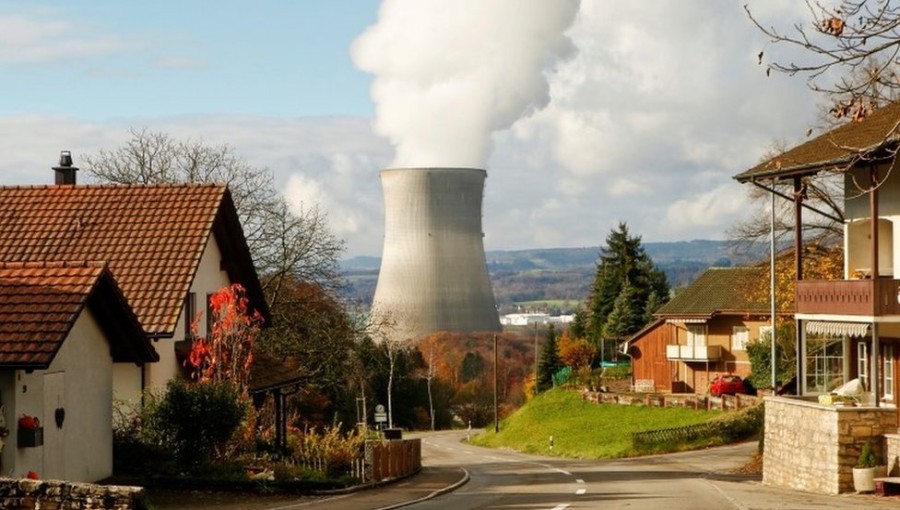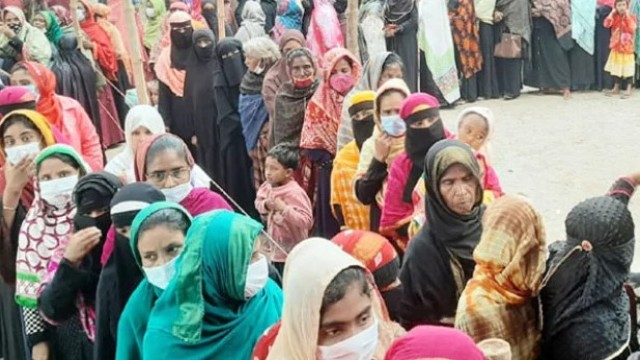Geneva, Aug 29 (v7n)- Switzerland has signaled a potential shift in its energy policy, expressing openness to the construction of new nuclear power stations in the long term. This announcement comes in light of evolving geopolitical uncertainties, climate targets, and increasing electricity demand due to population growth.In a referendum held in 2017, Swiss voters approved a gradual phase-out of nuclear power, which included a ban on the construction of new nuclear plants. This decision was influenced by the aftermath of the Fukushima disaster in Japan in 2011. However, Energy Minister Albert Rosti noted that the electricity market has changed significantly since then, prompting a reevaluation of the country's energy strategy.Rosti emphasized that while new nuclear power is "not an option" in the short or medium term, it is essential to prepare for the possibility of new plants in the next 15 years. He stated, "We must start now" to ensure that Switzerland remains open to various energy technologies as it aims for carbon neutrality by 2050. The government plans to submit an amendment to the nuclear energy law by the end of the year, which would require parliamentary debate and a public referendum.Currently, Switzerland operates four nuclear power plants that provide about one-third of its electricity. The government is concerned that renewable energy sources may not be sufficient to fill the gap when these plants eventually close. Rosti pointed out that relying on gas-fired power plants, previously considered a viable option, is now seen as incompatible with the goal of achieving carbon neutrality.The announcement has faced criticism from environmental groups and political parties, including Greenpeace Switzerland, which argued that new nuclear reactors would not effectively reduce carbon emissions in time to meet climate goals and would not alleviate dependence on foreign energy supplies.






























Comment: